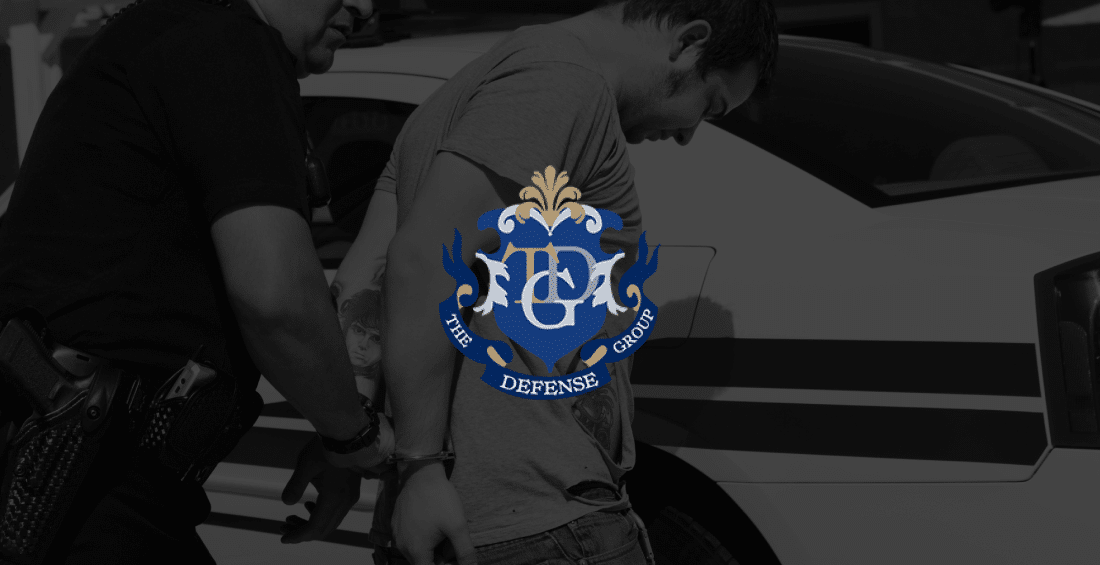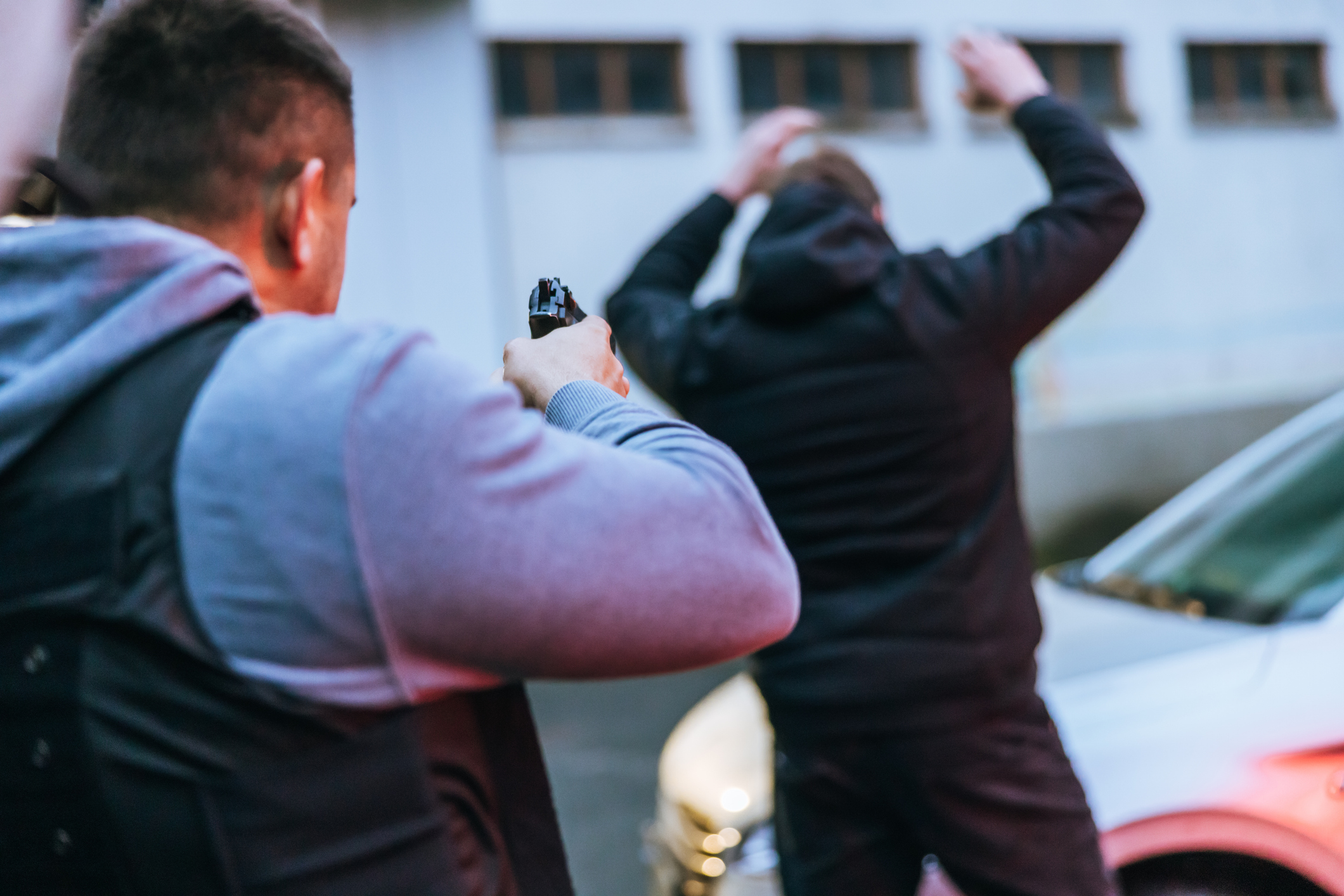Trial Process In Florida
How do Florida court proceedings work?
PRETRIAL RELEASE
After being arrested you will generally be released in either of two ways – Posting a Bond or Release on Own Recognizance (ROR) [this is also sometimes referred to as Pre Trial Release]. However, when arrested for DUI you generally are required to remain in jail for a minimum of eight hours from the time of your arrest.
You should consult with an experienced Central Florida Criminal Defense Attorney soon after you are accused or arrested, in order to fully understand your options and your rights.
RELEASE BY POSTING BOND
This option requires the posting of the entire bond (in cash or money order) at the jail. These funds will be returned to you at the end of the case, provided you appear for all court hearings, as required.
USE OF A BAIL BONDSMAN
The alternative requires that you pay a bondsman a fee (approximately 10%) so that he will post the bond. The bondsman may also require collateral to cover the bond.
You are free to travel while released on bond or ROR. This is true unless a restriction on travel is ordered by the Judge or the ROR program. Should you fail to appear for a court hearing, the Court will likely revoke the bond or ROR and issue a warrant for your arrest.
RELEASE ON OWN RECOGNIZANCE (ROR)
This form of release requires that the Judge is convinced that you will appear for all future court proceedings. No bond is required for this release.
FIRST APPEARANCE
First Appearance is held in the jail within 24 hours of your arrest. You will attend this hearing if you have not already been released from the jail on bond or ROR. At the hearing, the Judge will inform you of the charges, review the charging Affidavit to determine if the minimum probable cause has been demonstrated to support your detention, discuss the hiring or appointment of an attorney, and may consider your release on bond or ROR.
ARRAIGNMENT
Whether or not you are released from jail on bond or ROR, or if you remain in jail because of a high bond or s “hold,” your next court hearing is called the Arraignment. When arrested for DUI or other criminal traffic charges, a court hearing date may appear on the ticket – this hearing is also considered an Arraignment. You are required to appear at this hearing to enter a plea and advise the Court of your intentions regarding an attorney. If you are unable to afford an attorney, the Court will appoint a Public Defender at the Arraignment. If you have not already retained an attorney and that attorney has not yet filed his appearance and plea of Not Guilty on your behalf, you are required to attend this hearing.
At the Arraignment, the Judge will inform you of the charges and may provide an opportunity for you to enter a plea. In the State of Florida, there are 3 possible pleas at the time of Arraignment.
- Not Guilty
- Guilty
- No Contest
If you plead No Contest or Guilty at the time of Arraignment, the Judge will proceed to sentence you. NEVER plead Guilty or No Contest at Arraignment. ALWAYS PLEAD NOT GUILTY. The sentence may include such punishment as incarceration, a fine, probation, house arrest, license suspension, substance abuse treatment, etc.
If you plead NOT GUILTY, the case will then be set for a pretrial hearing.
NOTICE OF APPEARANCE
Should you retain an attorney, he will file a Notice of Appearance on your behalf. This document informs the Judge, the Prosecutor and the Clerk’s office that your Attorney represents you. It also directs the prosecutor to forward all future correspondence to your Attorney.
Your Attorney should also file a written plea of Not Guilty in order to secure your right to a trial. This does not mean that the case will go to trial, only that you will have a right to a trial if you desire one. There is always the potential to settle a case, anytime prior to trial.
Your Attorney should also file a “Demand for Discovery”. This requires the Prosecutor to provide your Attorney with certain information, such as Police reports and lists of evidence and witnesses. This information is referred to as “Discovery”.
THE DISCOVERY PROCESS
After the Prosecutor receives your Attorney’s Demand for Discovery, he/she is obligated to respond. Once your Attorney has received discovery, he will evaluate the information and, if permitted, will schedule a deposition of the Prosecutor’s witnesses. Your Attorney may also obtain any audio or videotapes, which the Prosecutor may have.
A deposition involves taking sworn testimony from a witness. Depositions are usually held at a Court Reporter’s office and are attended by the witnesses, your Attorney, the Prosecutor and a Court Reporter. The right to take depositions in misdemeanor cases is limited by law. Therefore depositions are most often conducted in felony cases.
The Prosecutor will not be allowed to take your deposition, as you have the right to remain silent. However, the Prosecutor may depose any witnesses that your Attorney has listed for your defense.
You are not permitted to attend depositions without the approval of the Judge. You should be informed by your Attorney of the date of depositions, but unless notified otherwise, you do not need to make arrangements to attend.
PRETRIAL HEARING
A Pretrial hearing will be scheduled several weeks after the Arraignment. A Pretrial hearing enables the Judge to determine whether or not the case can be settled. Most Judges require your presence at the Pretrial hearing. Therefore, unless you are specifically excused, you must plan to attend.
If you settle your case by a change of plea at the Pretrial hearing, the Judge will normally impose a sentence at that time.
TRIAL
You may decide to take your case to trial. If that is your decision, the case may require substantial preparation. Preparation should include the review of all testimony and evidence by your Attorney. Please note that a significant number of cases do not proceed to trial; most are resolved through negotiation and plea bargain.
Some criminal offenses (such as violation of probation) are tried only by a Judge, not a jury. However, most criminal charges entitle you to a trial by jury. In this situation, the Judge will decide the questions of law and the Jury will decide your guilt or innocence.
Finding The Best Criminal Defense Attorneys In Florida
You should consult with an experienced Central Florida Criminal Defense Attorney soon after you are accused or arrested, in order to fully understand your options and your rights. Call one of our two locations at 407 743 8430 or 407-250-9557, for a prompt and free consultation with an experienced Central Florida criminal defense attorney at The Defense Group. We are available 24 hours a day for your emergency needs, and appointments can be arranged for nights or weekends if necessary.










